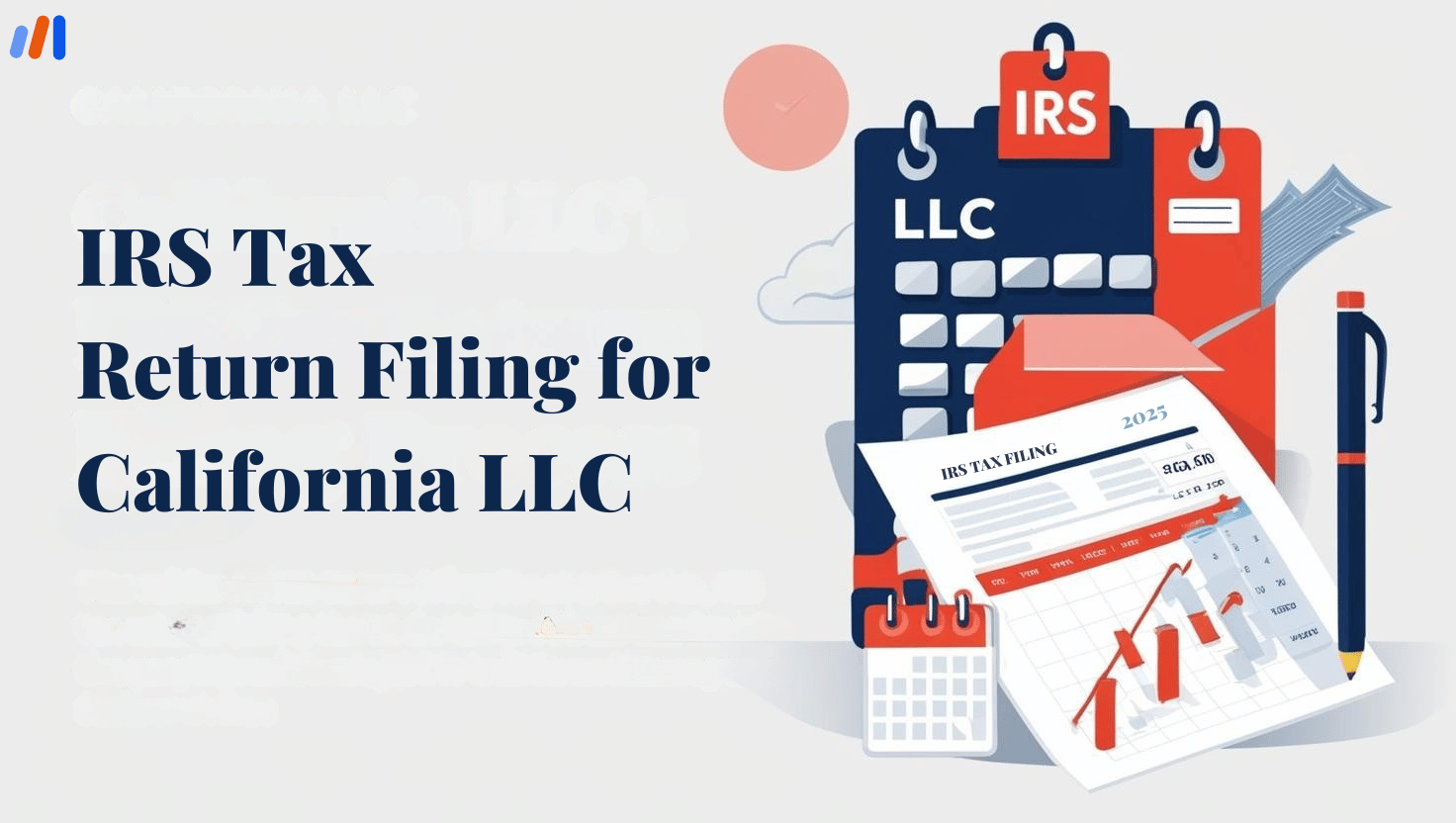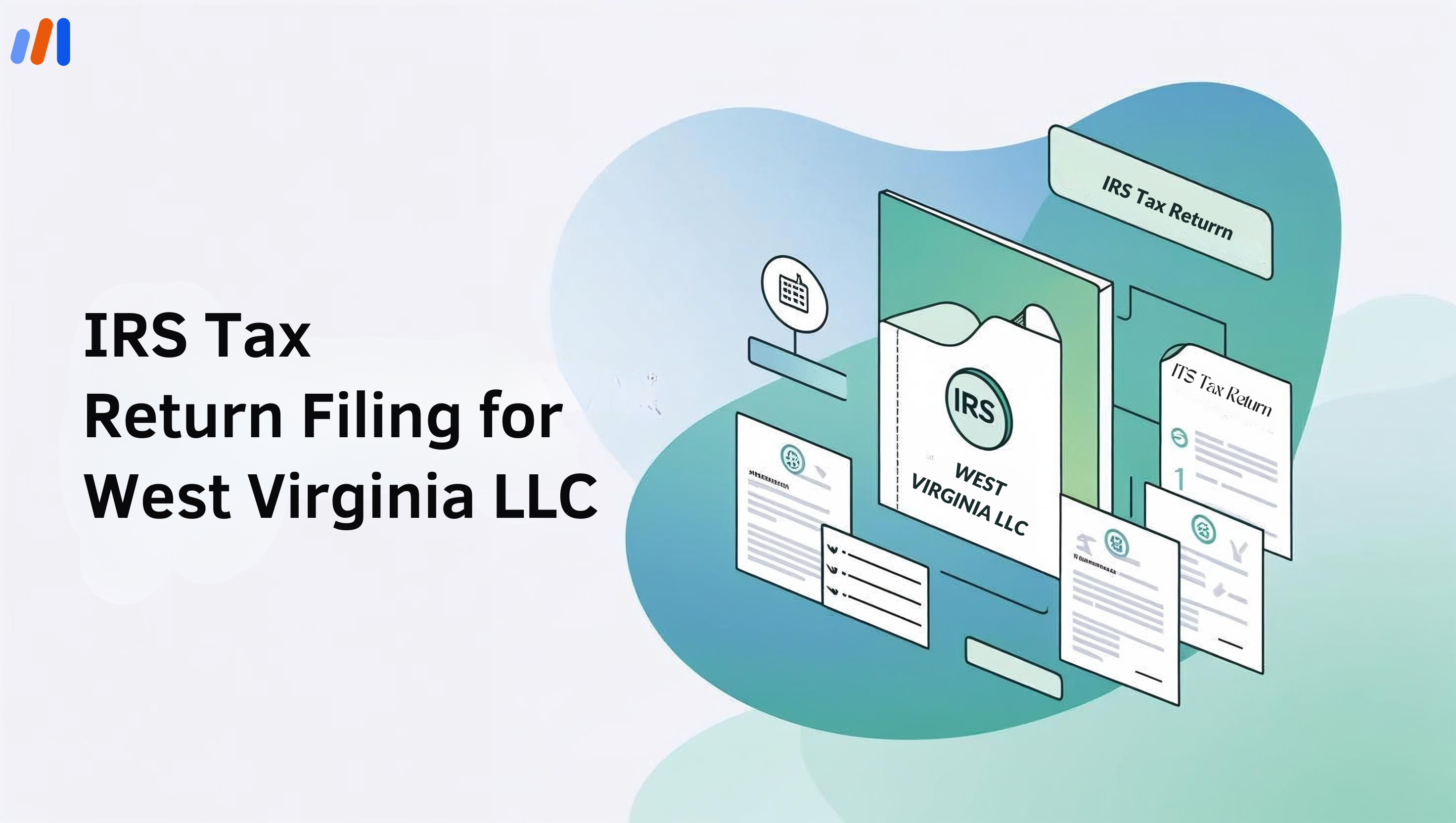Thinking to convert C Corp to LLC but don’t know how? Well, you have landed at the right place. With this article, you will learn the process of converting your C Corp business to LLC. Likewise, the beneficial factors after converting to an LLC and the differences between C Corp and LLC will be cleared.
So, let’s get started with C Corp and LLC.
C Corp
A C Corporation (C Corp) provides stockholders with limited liability protection as a distinct legal entity from its owners. It is liable to double taxation, in which the profits are subject to separate taxes on the corporation and the shareholders. There is no cap on the number of shareholders in ownership through stock shares.
A board of directors and officers make up the official management structure of C Corps. They are required to follow all legal and regulatory regulations. Larger companies frequently select them because they offer liability protection and access to funding markets.
Limited Liability Company (LLC)
An LLC (Limited Liability Company) is created by combining the limited liability protection of a corporation with the flexibility of a partnership owners of businesses are shielded from being personally accountable for the debts of their companies.
LLCs have the option of corporation taxation or pass-through taxation. Compared to corporations, they provide more flexibility in ownership, management, and formality. well-liked by small and medium-sized enterprises.
What is the difference between CC and LLC?
| Feature | C Corporation (C Crop) | Limited Liability Company (LLC) |
| Liability Protection | Shareholders have limited liability. | Members have limited liability |
| Taxation | Double taxation exists because shareholders and corporations pay different taxes. | By default, members’ profits and losses are recorded on their personal tax returns, with pass-through taxes. has the option to choose corporation taxation. |
| Ownership Structured | Ownership through shares of stocks; unlimited numbers of shareholders. | Ownership represented by membership’s personal tax return can elect corporate taxation |
| Management Structured | Formally structured with a board of directors and officers | Less formal management structure with fewer regulatory requirements. |
| Raising Capital | It can raise capital through the sales of stock; it is suitable for large businesses and public offerings. | Typically limited on raising capital; relies on investment from members; more suitable for small businesses. |
| Regulatory Requirement | Subject to onerous legal and regulatory restrictions, including the need to file yearly reports and hold frequent shareholder meetings. | It is simpler and less expensive to operate because there are typically fewer legal formalities and regulatory obligations. |
Benefits of LLC over C Corp
1. Avoiding Double Taxation
LLCs benefit from pass-through taxation, in contrast to C Corporations, which are subject to double taxation (corporation profits are taxed once, and then dividends to shareholders are taxed once more). This could result in large tax savings because profits and losses are only disclosed on the owners’ individual tax returns.
2. Simplified management Structured:
There is no need for the Board of Directors or officers for the LLCs. This means less administrative load by administrative load by streamlining administration and eliminating the requirements for formal meetings and keeping records which is required for the C corporations.
3. Less Regulatory Compliance:
LLC is less expensive in terms of C corporation with fewer regulator restrictions since they are exempt from formal minutes creation requirements, annual meetings, and strict corporate governance guidelines.
4. Flexibility in profit Distribution:
With the LLC you can create such a financial plan which will be suitable or profitable for the members.
5. Lower Administrative Cost:
With the smaller size of the company, it has fewer formalities and is easier to operate by lowering the cost of accounting, legal, and compliance when compared to C Corporation.
Types to Convert C Corp to LLC.
1. Statutory conversion
There is a legal process available for certain states in the US that allows a business entity to convert from one type of entity to another such as from a C Corporation to an LLC throughout the simplified process.
Benefits
- Simplifies the conversion process by treating it as a single legal step.
- Often preserve the corporation’s EIN and other business identifiers, maintaining continuity.
2. Non-Statutory Conversion
It is also known as an asset transfer or liquidation, which involves dissolving the C corporation and transferring its assets to a newly formed LLC. This method is used when statutory conversion is not available.
Benefits
- Provides a clear break from the old Corporate structure.
- This can be done even if statutory conversion or merger options are not available.
3. Statutory Merger
A statutory Merger involves merging the C Corporation into a newly formed LLC. The C corporation ceases to exist, and the LLC becomes the surviving entity.
Benefits:
- Provides a streamlined process if state law supports mergers between corporations and LLCs.
- It can help preserve business relationships, contracts, and licenses.
Documents Required to Convert C Corp to LLC
Here are the documents that are required to convert C Corp to LLC:
- Certificate of Conversion
- Articles of Organization
- Plan of Conversion
- Board of Directors Resolution
- Shareholder Approval Documentation
- IRS Forms and Notifications (e.g., Form 8832)
- State-Specific Forms and Filings
- Operating Agreement
- Updated Business Licenses and Permits
- Notification to Other Agencies and Stakeholders
Conclusion
This blog post includes all the details you need to know before you convert Your C Corporation Company into an LLC. Many business owners choose this process to get more benefits with their business.
By converting your C corporation to LLC you can set your own financial plans which can be profitable for the company’s members and with the less formalities of government you can easily deduct the cost of legal, accounting, or administrative.
So if you think you should also convert your C Corporation into an LLC contact us at Easyfiling.us many business owners are getting benefits from our easy-to-access service.

Frequently Asked Questions (FAQs)
Why should I convert C Corp to LLC?
The benefits of converting to an LLC include fewer regulatory requirements, a streamlined management structure, pass-through taxation, and increased profit distribution flexibility.
What is the difference between a C Corp and an LLC?
LLCs combine limited liability with pass-through taxes and have fewer regulatory requirements, while C Corporations provide limited liability protection but are vulnerable to double taxation.
What documents are needed for the conversion process?
The Certificate of Conversion, Articles of Organisation, Plan of Conversion, Board of Directors Resolution, Documentation of Shareholder Approval, IRS Forms and Notifications, State-Specific Forms and Filings, Operating Agreement, and Updated Business Licenses and Permits are among the documents that are usually needed.
How long does the conversion process take?
Various factors, including state restrictions, the method of choice, and the complexity of the firm, might affect the conversion timeline. It’s critical to allow enough time for the process to be completed correctly.
File Your LLC Today
25$ off with a coupon
Lock in EasyFiling's transparent rates and get lifetime compliance support at no extra cost.
Get Started Now







